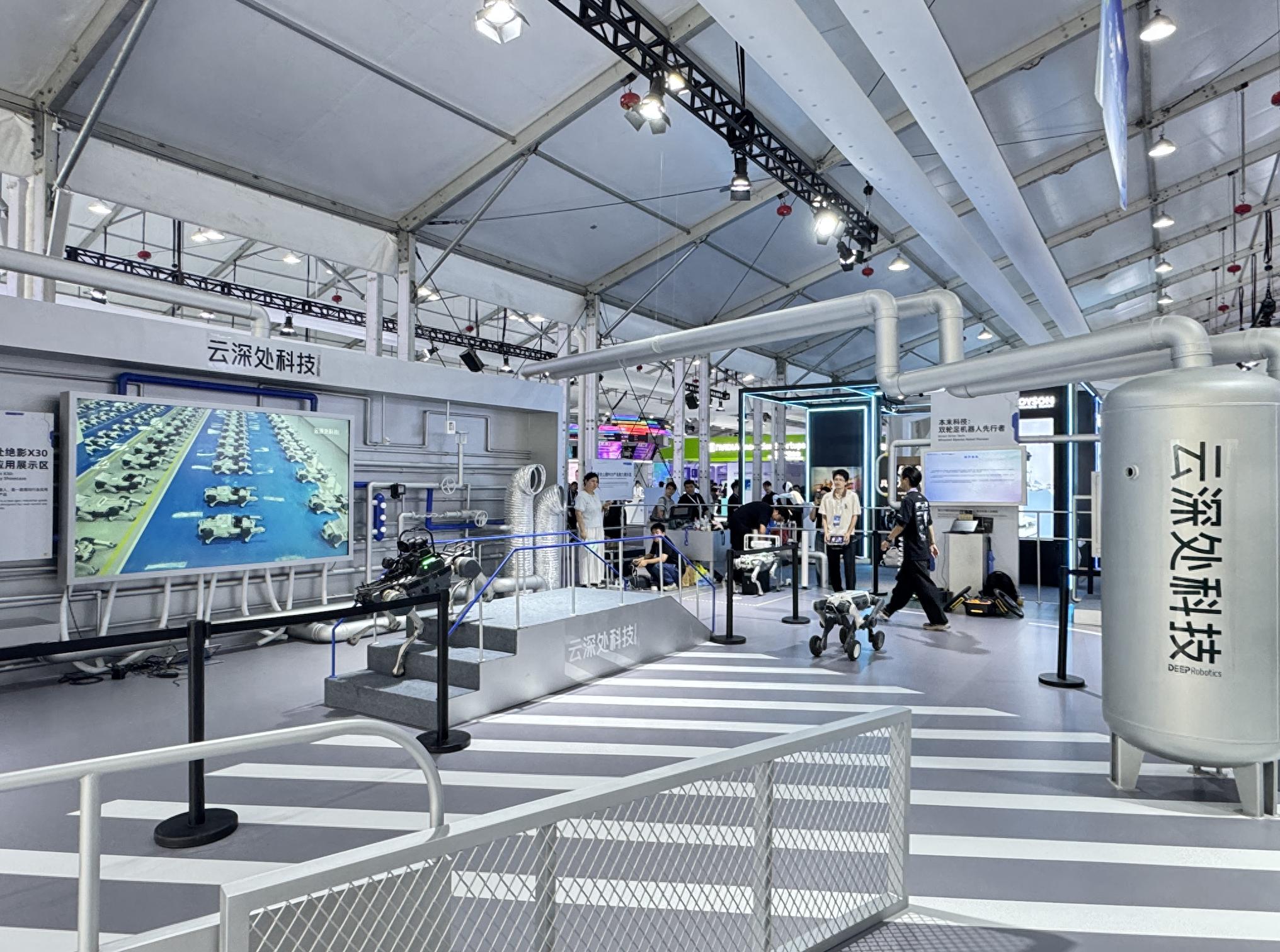TMTPOST -- Alibaba Group Holding is accelerating its push into artificial intelligence, pledging to increase capital spending on AI infrastructure beyond the 380 billion yuan (US$53 billion) it had already committed for the next three years.

AI-generated image
Eddie Wu Yongming, Alibaba’s chief executive and chairman of its cloud computing unit, unveiled the expanded investment plan on Wednesday at the annual Apsara Conference in Hangzhou. He said Alibaba Cloud’s ambition is to become “the world’s leading full-stack AI service provider,” offering everything from raw computing power to advanced models. While Wu stopped short of disclosing the size of the new budget, he emphasized that growing demand for AI services and the rapid evolution of the technology warranted a more aggressive approach.
Investors appeared to welcome the message. Alibaba’s Hong Kong-listed shares rose 6.3 per cent to HK$169.40 by late morning.
Wu said Alibaba sees a clear trajectory from today’s AI agents to artificial general intelligence (AGI), and ultimately to artificial super intelligence (ASI). AGI describes AI systems that match or surpass human cognitive capabilities, while ASI is a still-theoretical stage where machines would exceed human intelligence by a wide margin.
“AGI will not be the end but a new beginning,” Wu told the packed conference hall. He predicted that AGI could automate as much as 80 per cent of existing jobs, freeing humans from repetitive tasks. The eventual emergence of ASI, he argued, would empower “a group of super scientists and engineers” capable of addressing global challenges such as healthcare, energy, and climate change in “unthinkable ways.”
Alibaba’s push comes amid an escalating global race to build out AI infrastructure. In the United States, Nvidia recently pledged to invest US$100 billion to support OpenAI in constructing at least 10 gigawatts of next-generation AI data centers. Wu said global spending on AI computing capacity is likely to reach US$4 trillion within five years, with consolidation leaving only “five to six” supercomputing platforms worldwide. By pointing to Qwen — Alibaba’s open-source large language model that has become the most widely adopted globally — Wu signaled the company’s intention to be among those survivors.
He also likened large-language models to future operating systems, with cloud platforms providing the hardware foundation on which those systems run. “AI large-language models will be the operating systems of the future,” he said, drawing a parallel to the role that Microsoft Windows and Apple’s macOS played in earlier computing eras.
The three-day Apsara Conference, a showcase for Alibaba Cloud’s ecosystem of developers and enterprise clients, highlighted hundreds of AI agents and real-world applications across sectors. Zhou Jingren, Alibaba Cloud’s chief technology officer, introduced the HPN8.0, a new high-performance network designed to handle demanding AI training and inference tasks, along with other infrastructure upgrades.






